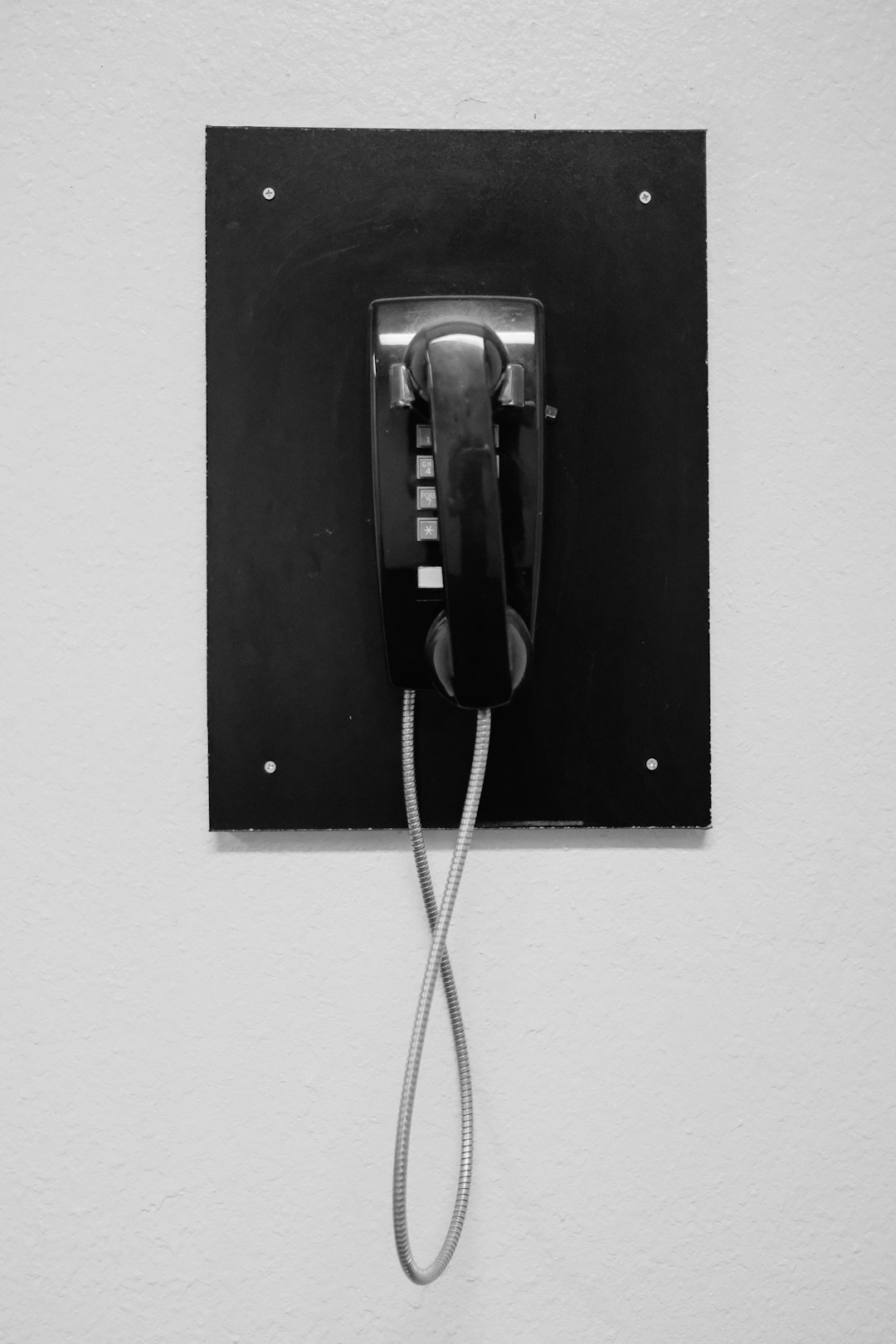Vermont's robust Spam Call Law protects residents from aggressive debt collection calls by limiting call frequency, respecting consumer preferences, and prohibiting unwanted communications during sensitive hours. A specialized Vermont Spam Call law firm ensures debt collectors adhere to these strict guidelines, fostering an environment free from intrusive phone solicitations related to debts. Non-compliance incurs heavy fines and legal repercussions, safeguarding consumers and emphasizing the importance of compliance for collectors.
In Vermont, debt collection call frequency is regulated by the state’s Spam Call Laws, designed to protect consumers from harassing tactics. This article delves into the legal limits on debt collector calls, strategies for respectful communication with debtors, and penalties for violations. Understanding Vermont’s stringent spam call laws can help debt collectors navigate while respecting consumer rights, ensuring fair practices, and fostering a more harmonious relationship in debt resolution. If you’re a debt collector or consumer facing these issues, consult a local Spam Call law firm in Vermont for expert guidance.
Vermont's Spam Call Laws: An Overview

Vermont has implemented a robust set of laws aimed at curbing excessive debt collection calls, often referred to as spam calls. These regulations are designed to protect residents from aggressive and unwanted phone communications related to debts. The state’s Spam Call Law firm Vermont is known for its stringent guidelines, ensuring that debt collectors adhere to ethical and legal practices.
Under this law, debt collectors must comply with strict rules regarding call frequency, allowing consumers a reasonable amount of peace between contacts. This means that while creditors can reach out to settle debts, they must respect individual preferences and limit the number of calls, especially during sensitive hours. Such laws empower Vermont residents to manage their communication with debt collection agencies effectively.
Legal Limits on Debt Collection Calls

In Vermont, debt collection practices are regulated by state and federal laws designed to protect consumers from aggressive or harassing tactics. The Spam Call law firm in Vermont plays a crucial role in ensuring these protections are upheld. According to the Telephone Consumer Protection Act (TCPA), debt collectors must adhere to strict guidelines regarding call frequency. They are limited to making no more than 7 calls within a 7-day period, unless the consumer consents to additional contact. This law aims to prevent excessive and unwanted calls, which can cause significant distress to individuals dealing with debt.
To avoid violating these restrictions, reputable debt collection agencies in Vermont must implement robust call tracking systems and adhere to comprehensive training on consumer rights. Failure to comply can result in substantial fines, damaging the collector’s reputation and potentially leading to legal action. Consumers who believe their rights have been violated can file a complaint with the Federal Trade Commission (FTC) or take legal action against the debt collection firm.
Protecting Consumers from Harassment

In Vermont, consumers are protected from excessive and harassing debt collection calls through the state’s Spam Call laws. These regulations aim to safeguard individuals from unwanted phone solicitations, especially regarding debt-related issues. Under these laws, debt collectors must adhere to strict guidelines regarding call frequency, ensuring that consumers are not overwhelmed with repeated, intrusive calls.
The Vermont Spam Call law firm plays a crucial role in upholding these protections. They enforce the rules and assist consumers in asserting their rights. If a debt collector breaches the established limits, consumers can take action, including filing complaints with the appropriate authorities. This not only discourages abusive practices but also empowers individuals to maintain a peaceful and less disruptive environment while managing their debts.
When and How to Contact Debtors

In Vermont, debt collection call frequency is strictly regulated by the state’s Spam Call laws. Law firms engaging in debt collection activities must adhere to specific guidelines to ensure compliance and respect for debtors’ rights. Typically, collectors are permitted to make up to four attempts per week to contact a debtor about an outstanding debt. These calls should be made during reasonable hours, usually between 8 a.m. and 9 p.m., local time.
To avoid violating these restrictions, law firms should implement a structured calling schedule, ensuring each debtor receives no more than the permitted frequency. It’s crucial to capture accurate call records, documenting the date, time, duration, and outcome of each interaction with the debtor. This not only helps maintain compliance but also provides transparency in the debt collection process, fostering trust between collectors and debtors.
Enforcement and Penalties for Violations

In Vermont, the debt collection call frequency is regulated by the state’s Spam Call law firm. Violations of these restrictions can lead to severe penalties, including fines and legal action. If a debt collector makes more than seven calls within 14 days to any phone number, it may be considered excessive and could result in sanctions. These regulations are designed to protect consumers from aggressive or harassing collection tactics.
Enforcement of these rules is typically handled by the Attorney General’s Office, which can investigate complaints and take legal action against offending debt collection agencies. Consumers who believe their rights have been violated can file a complaint, which may lead to an official inquiry into the debt collector’s practices. The penalties for repeated violations can be substantial, serving as a strong deterrent for firms engaging in abusive call frequency.






